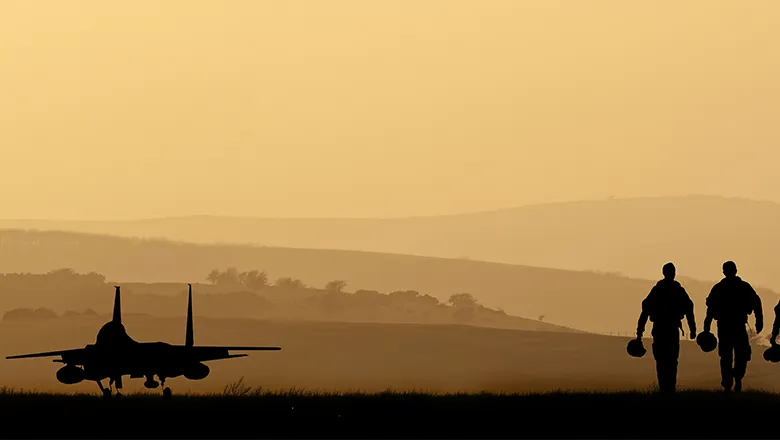05 April 2019
The UK's membership of NATO matters now more than ever
Tom Tugendhat
TOM TUGENDHAT: The alliance's importance to the UK is only likely to grow

This week marks the 70th anniversary of the signing of the North Atlantic Treaty, which created NATO, the most successful military alliance of all time. The UK signed the founding articles and we have benefited from our membership by pushing our frontline thousands of miles from our own shores. NATO established an effective institution through which we can work closely with like-minded countries to achieve collective defence. And its importance to the UK is only likely to grow.
NATO is a vivid illustration of a simple truth: that pooling our strength empowers us all. At a time when the international system is being buffeted by the destabilising effects of intense globalisation, rapid changes in technology, demographic and climate change, and the shift of economic power eastwards, our security depends on our remembering that essential truth. We also need to bear in mind that while NATO’s success has been peace at home, sadly that does not mean that the potential threats have gone away.
Russia is only the most obvious example of a threat to the allies. In Ukraine, Georgia, Estonia and even in Salisbury we have seen clear evidence that the Kremlin has reverted to the use of force as a strategic tool and now presents the most urgent threat. Although we and our partners have held firm, there is no room for complacency. Pooling only works if everyone is paying their fair share. That’s not always the case. Currently, the UK is one of only five NATO countries that spend the equivalent of two per cent on their defence. France and Germany fall far short of this benchmark.
For NATO to keep working effectively, its European members need to step up to the collection plate. Clearly, this raises difficult questions about defence industries, supply chains and national sovereignty which we must address, but the alternative is a weakening of our collective defence.
Finding more money is not the only challenge NATO faces. So too are threats to its two fundamental strengths: the trust that it has built up and the shared values it represents. Of late, the organisation has struggled to contain internal rifts. Since we can be sure that differences will be probed by our adversaries – militarily, through disinformation, or politically – it is vital that the alliance's members continue to espouse the values set out in the preamble to the treaty: the principles of democracy, individual liberty and the rule of law which NATO was devised to protect.
While our circumstances may be changing, our commitment to these fundamental values is not. NATO is not their only guardian: the United Nations, OSCE and EU play their part too. But, as we leave the EU, NATO will matter more to us – with the strong role in it that we play serving both as a sign that we remain committed to the defence of the established order and as a way to project our influence during a period of flux. That is why, 70 years on, we need NATO more than ever.
Tom Tugendhat is Chair of the Foreign Affairs Select Committee and MP for Tonbridge and Malling.
